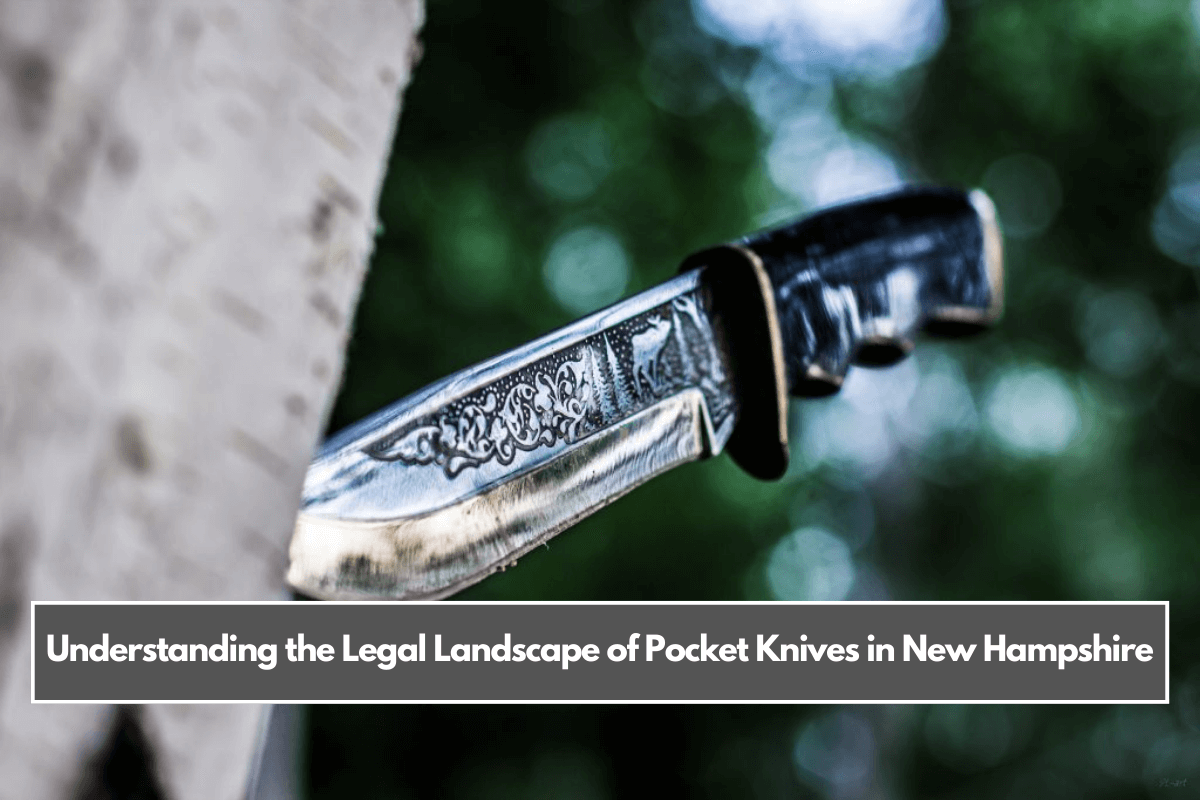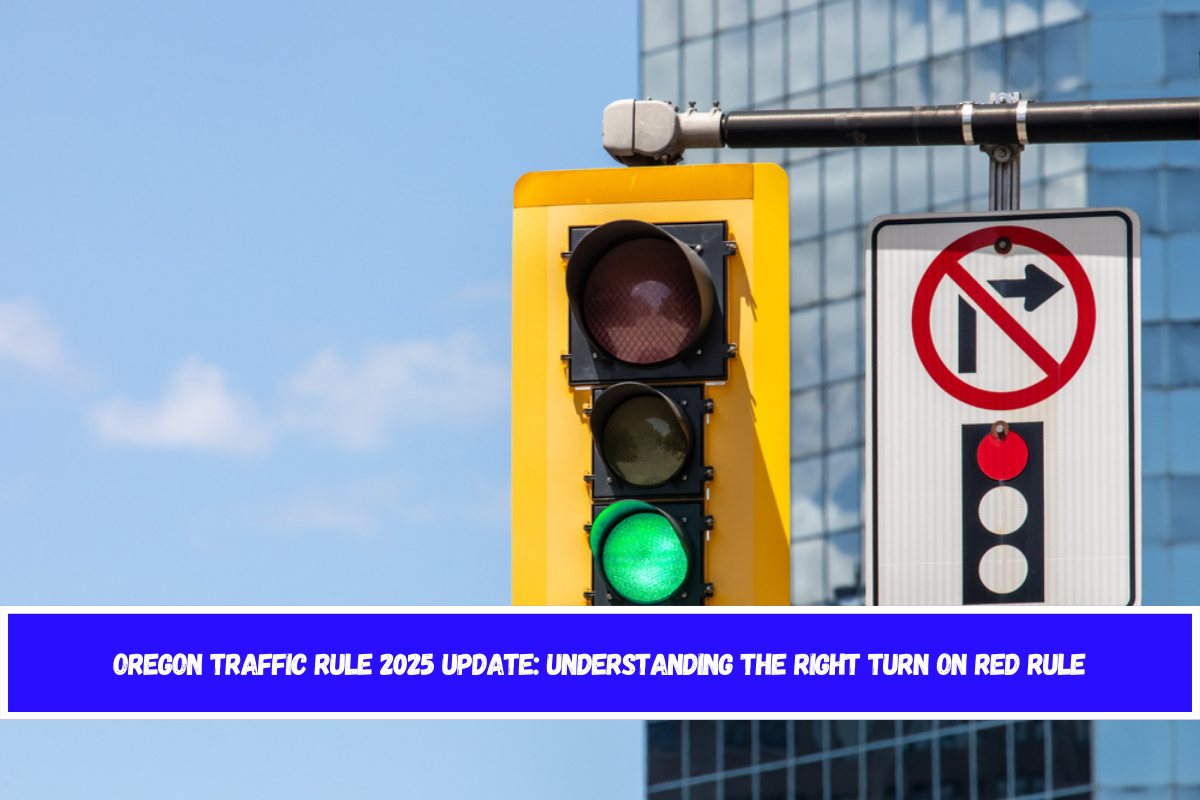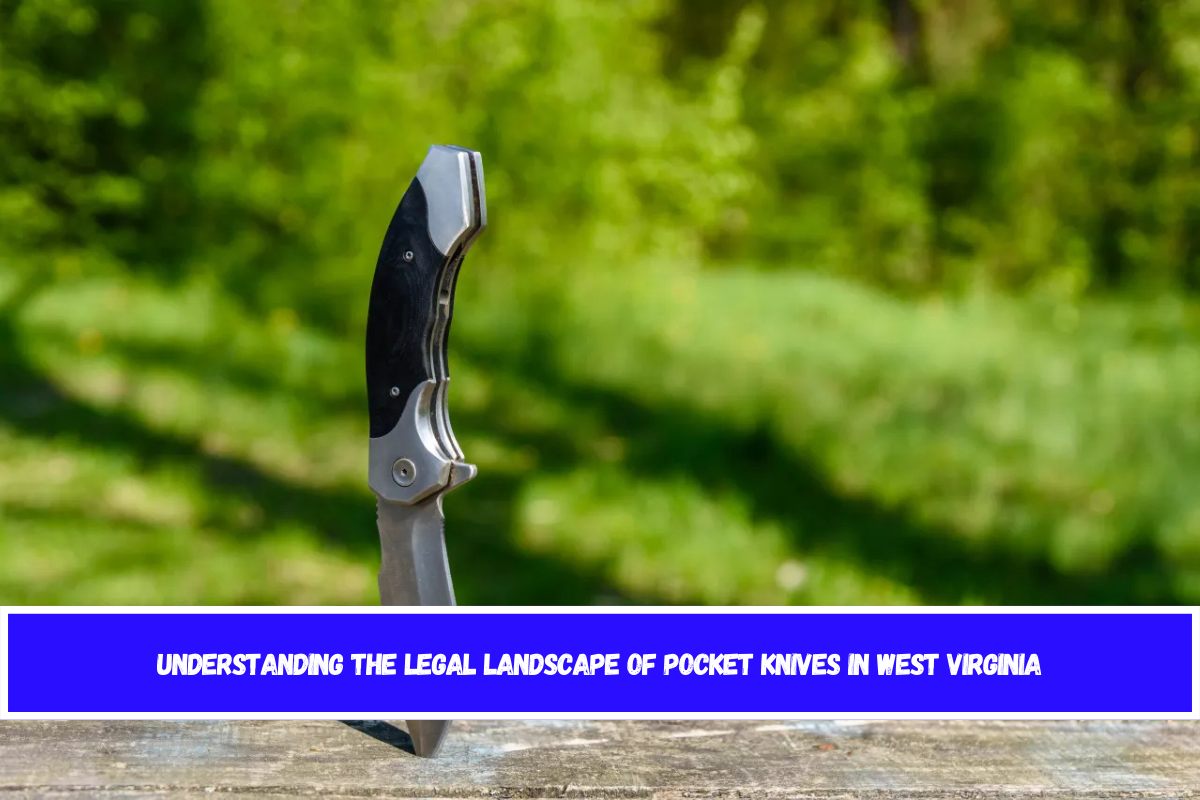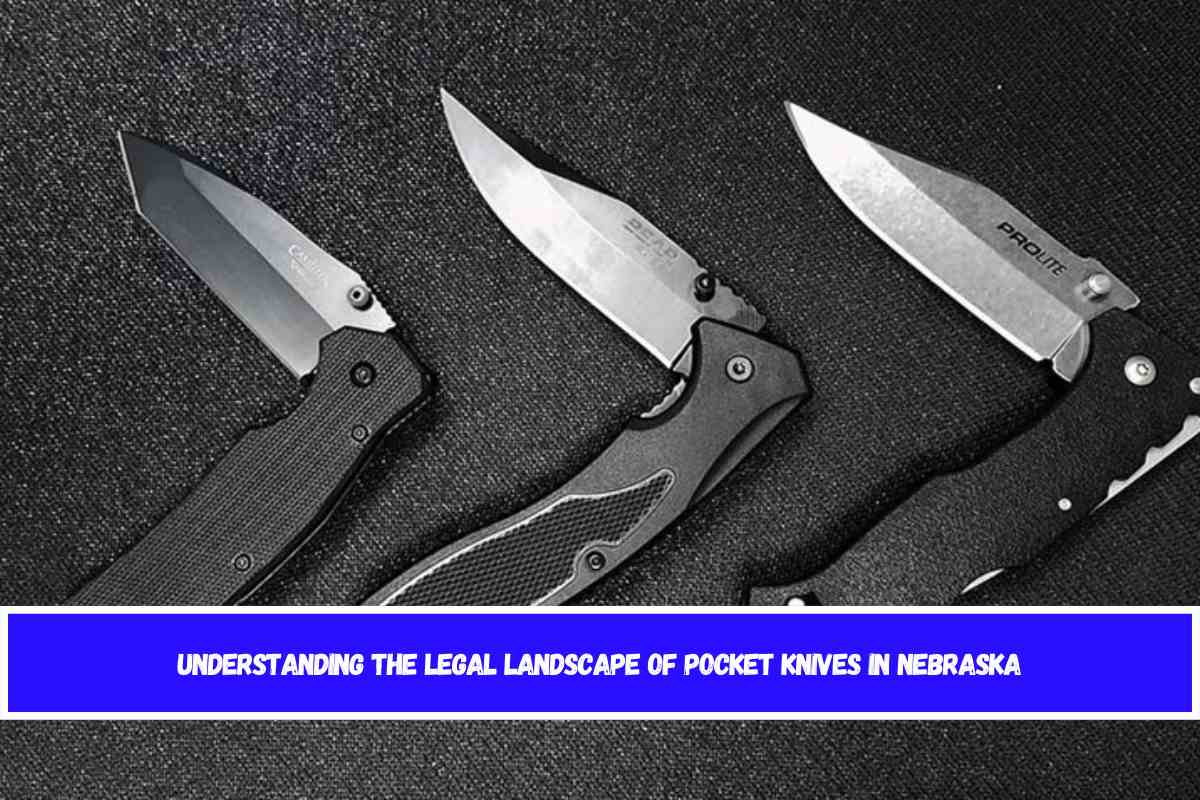New Hampshire has established a notably permissive legal framework regarding the ownership and carry of pocket knives, reflecting the state’s broader commitment to individual rights and freedoms. This landscape has evolved significantly over the years, particularly with recent legislative changes aimed at safeguarding knife ownership from federal regulations.
Overview of Knife Laws in New Hampshire
In New Hampshire, individuals are generally allowed to own, possess, and carry most types of knives without stringent restrictions. The state does not classify specific knives as illegal, allowing for a wide range of knife types to be legally owned and carried. This includes folding knives, fixed-blade knives, and even switchblades, which were previously restricted but have since been legalized following significant legislative efforts.
Key Legislative Developments
One of the most significant recent developments is the signing of HB 1178 by Governor Chris Sununu, which prohibits the enforcement of federal knife laws within the state. This law explicitly protects the rights of residents to keep and bear arms, including knives, from federal overreach. New Hampshire is now the first state to include knives in its preemption against federal regulations, marking a pivotal moment in the legal landscape for knife owners.
In 2010, another landmark change occurred when New Hampshire repealed its bans on switchblades and other types of knives, setting a precedent that has inspired similar movements across other states. This repeal was part of a broader push led by organizations like Knife Rights, which advocate for more liberal knife laws nationwide.
Carry Regulations
New Hampshire allows both open and concealed carry of knives without requiring a permit. Individuals can openly carry any type of knife as long as there is no intention to use it unlawfully against another person. Similarly, concealed carry is permitted without specific restrictions; however, carrying with unlawful intent remains a criminal offense.
Despite this leniency, there are designated restricted areas where carrying knives is prohibited. These typically include government buildings and certain public spaces where weapons are not allowed. Law enforcement and military personnel have exemptions that allow them to carry necessary tools for their duties.
Considerations for Residents and Visitors
While New Hampshire’s knife laws are among the most relaxed in the United States, individuals should remain aware of potential legal consequences for violations. For instance, carrying a knife into restricted areas or possessing it with unlawful intent can lead to misdemeanor or felony charges depending on the circumstances.
Moreover, residents should be cautious when traveling outside New Hampshire, especially into states like Massachusetts that have much stricter knife laws. The difference in regulations can lead to unintentional legal issues if one is not careful about compliance with local laws when crossing state lines.
New Hampshire’s legal landscape regarding pocket knives is characterized by a strong emphasis on personal freedom and minimal restrictions. The state’s proactive legislative measures have established it as a leader in promoting knife rights while providing residents with clear guidelines on ownership and carry practices. As laws continue to evolve, staying informed about both state and federal regulations remains crucial for all knife owners in New Hampshire.
Sources:
[1] https://kniferights.org/legislative-update/nh-bill-prohibiting-enforcement-of-federal-knife-laws-rules-or-exec-orders-signed/
[2] https://en.wikipedia.org/wiki/Knife_legislation
[3] https://nobliecustomknives.com/us-knife-laws/new-hampshire-knife-laws/















